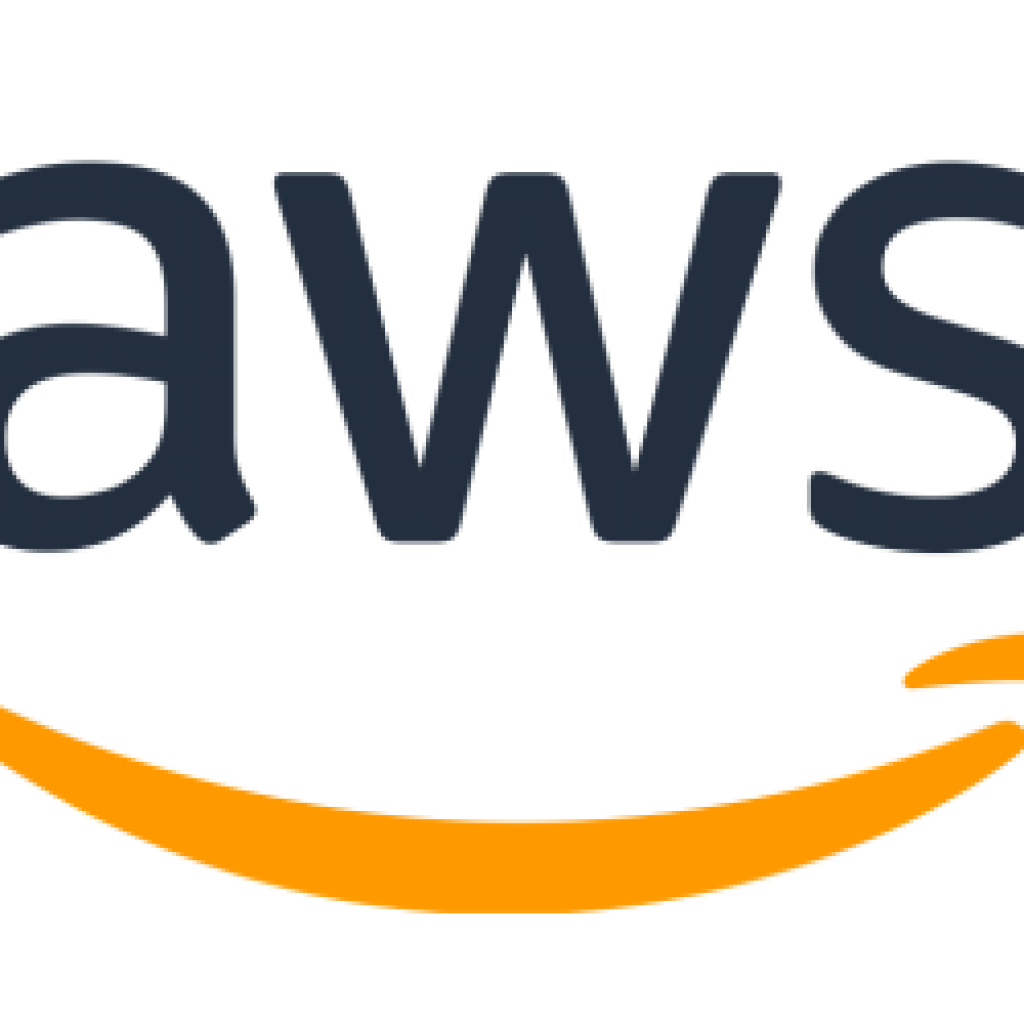Amazon Web Services announced that customers of its Amazon Braket cloud-based quantum computing service can now run programs using the OpenQASM instruction language on all gate-model computers available through Braket.
An AWS blog post stated that for gate-based quantum processing units, like those offered by IonQ, Rigetti and Oxford Quantum Circuits–all available through Braket–quantum programs “are remarkably consistent in the type of operations and controls they use. Even at the pulse level, where gates are translated into the analog instructions to control individual qubits, common abstractions can be used across different technologies. For instance, the microwave controls of superconducting-qubit based QPUs and the laser sources that are used to control individual qubits in a trapped ion-based quantum computer can be programmed using the same abstractions despite representing very different physical systems.”
While companies are seeking to competitively differentiate their quantum computing hardware in a number of ways, instruction sets should remain similar–for the sake of all users and to the benefit of the entire quantum computing market. Despite the advantage of doing so, customers have told Amazon that this sometimes isn’t the case, requiring translation layers to be implemented.
“The OpenQASM IR [intermediate representation] is designed to provide a unifying layer, connecting a multitude of end-user libraries to different hardware technologies,” the blog post stated. “This is aligned with our vision for Amazon Braket, to provide a one-stop shop for many different quantum computing systems, enabling customers to compare and contrast different technologies with the same user experience and interface.”
The announcement comes about six months after AWS joined the OpenQASM Technical Steering Committee, and just days after Oxford Quantum Circuits’ QPU became the latest to debut on Amazon Braket. The OpenQASM announcement applies only to gate-model QPUs, so would not be available for Braket-based quantum annealer resources.
IBM and Azure Quantum are among the other companies that support OpenQASM, so this move also means that users will be able to more easily write programs for multiple hardware systems and compare their results.
